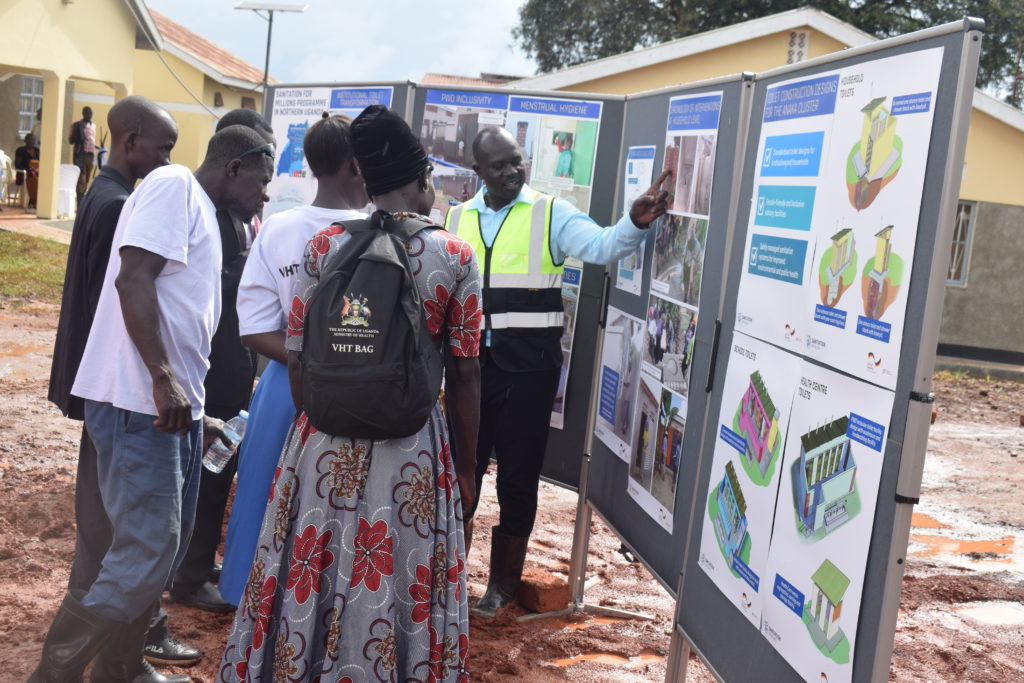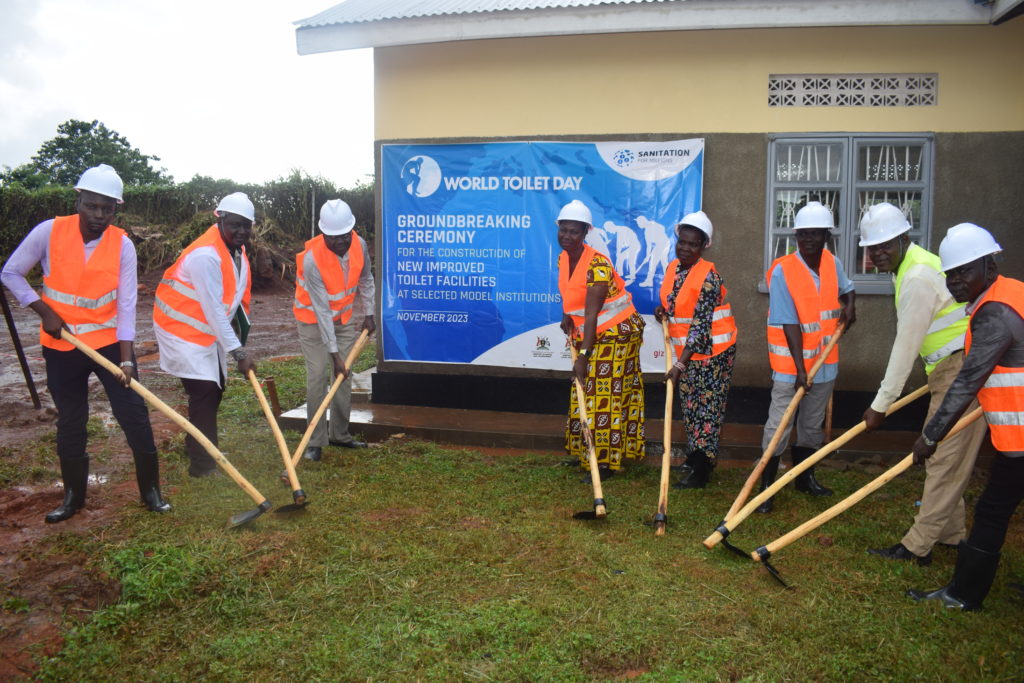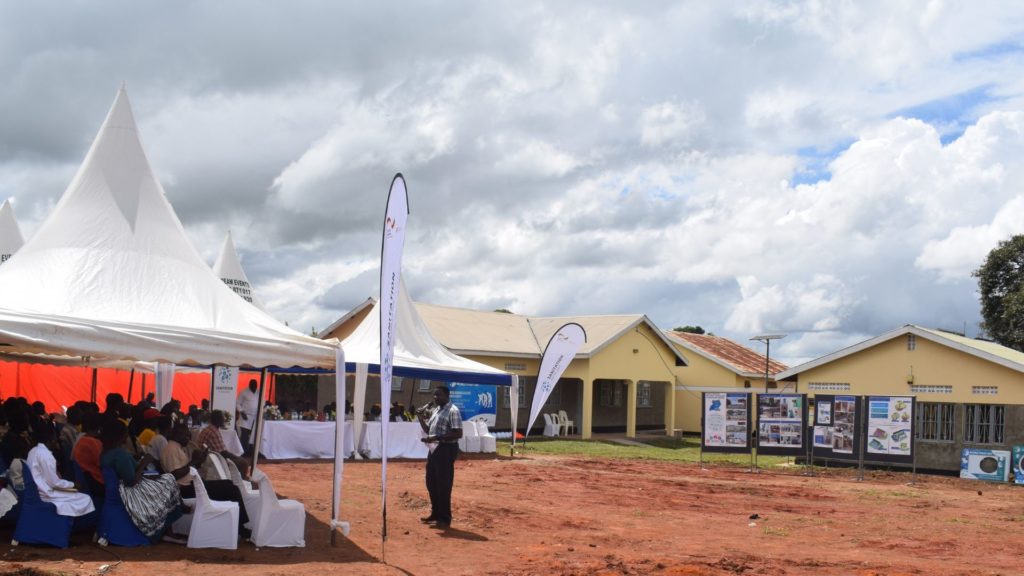World Toilet Day 2023 – A day to honour what everyone needs but not everyone has
#WorldToiletDay – Accelerate Change: The theme of World Toilet Day, celebrated every year on 19 November to shine a spotlight on sanitation, highlights the need to scale up efforts to make toilets for all a reality to achieve SDG 6 by 2030. Too many people around the world still live without access to safe sanitation. To raise awareness of the issue and improve the situation for more people, Sanitation for Millions has held awareness sessions at health facilities and schools around the world, as well as inaugurating and laying the groundwork for female-friendly sanitation infrastructure.
Worldwide, 3.5 billion people still live without safely managed sanitation services, and about 500 million people have to resort to open defecation. Poor sanitation is not only linked to health problems such as the transmission of diarrhoeal diseases like cholera and dysentery, but also reduces human well-being, social and economic development, and leads to lost opportunities for education and work. Toilets are not the most attractive of issues, but an incredibly important one. Access to clean water and sanitation is part of SDG 6, and has been recognised as a human right in its own right since 2015. Yet it is too often overlooked. Every year on 19 November, World Toilet Day is celebrated to shed light on this issue. The theme of the day is ‘Accelerating Change’, as the world needs to work five times faster to achieve the sanitation target of safe toilets and water for all by 2030 (SDG 6). After providing sanitation infrastructure to 280 public institutions and directly reaching more than 2 million people with access to safe sanitation and hygiene, Sanitation for Million aims to reach even more.
What did Sanitation for Millions do this World Toilet Day?
In Uganda, 10 percent of the population are forced to practice open defecation due to lack of access to adequate sanitation. During the week of World Toilet Day, Sanitation for Millions Uganda, in partnership with CARTITAS – HEWASA, organised a community-based debate, commonly known as Kabakes, on the responsibilities of safe sanitation. The debate brought together communities, policy stakeholders, implementing partners, and others to promote discussions on the importance of having lined toilets for safe sanitation and to encourage communities to improve their sanitation and hygiene practices with an emphasis on roles and responsibilities. The event also celebrated the groundbreaking of the construction of inclusive toilets at a school with more than 850 beneficiaries and a healthcare facility that will benefit more than 20,000 community members. A photo exhibition of Sanitation for Millions Uganda’s toilet interventions and best practices was displayed at the venue, along with other programme knowledge products and information materials.
Sanitation for Millions Pakistan, in collaboration with local partners, organised a role play and public speaking competition in schools. Also, to mark World Toilet Day, the inauguration of female-friendly infrastructure in health facilities was celebrated.
Only about 18 percent of Colombia‘s population has access to safely managed sanitary facilities. Sanitation for Millions Colombia organised four awareness-raising and feedback sessions with local partners from the health sector and the women’s and children’s networks of the health system. In gender-sensitive and fun sessions that were attended by 178 participants, the importance of toilets and their impact on health and disease prevention was highlighted, as well as other critical aspects of sanitation such as safe menstrual management and environmental sustainability. In addition, Sanitation for Million Colombia has created an informational poster on the proper use of sanitation and the importance of toilets, which will be piloted in basic health units. The poster will be presented to local partners and used in future infrastructure interventions.







